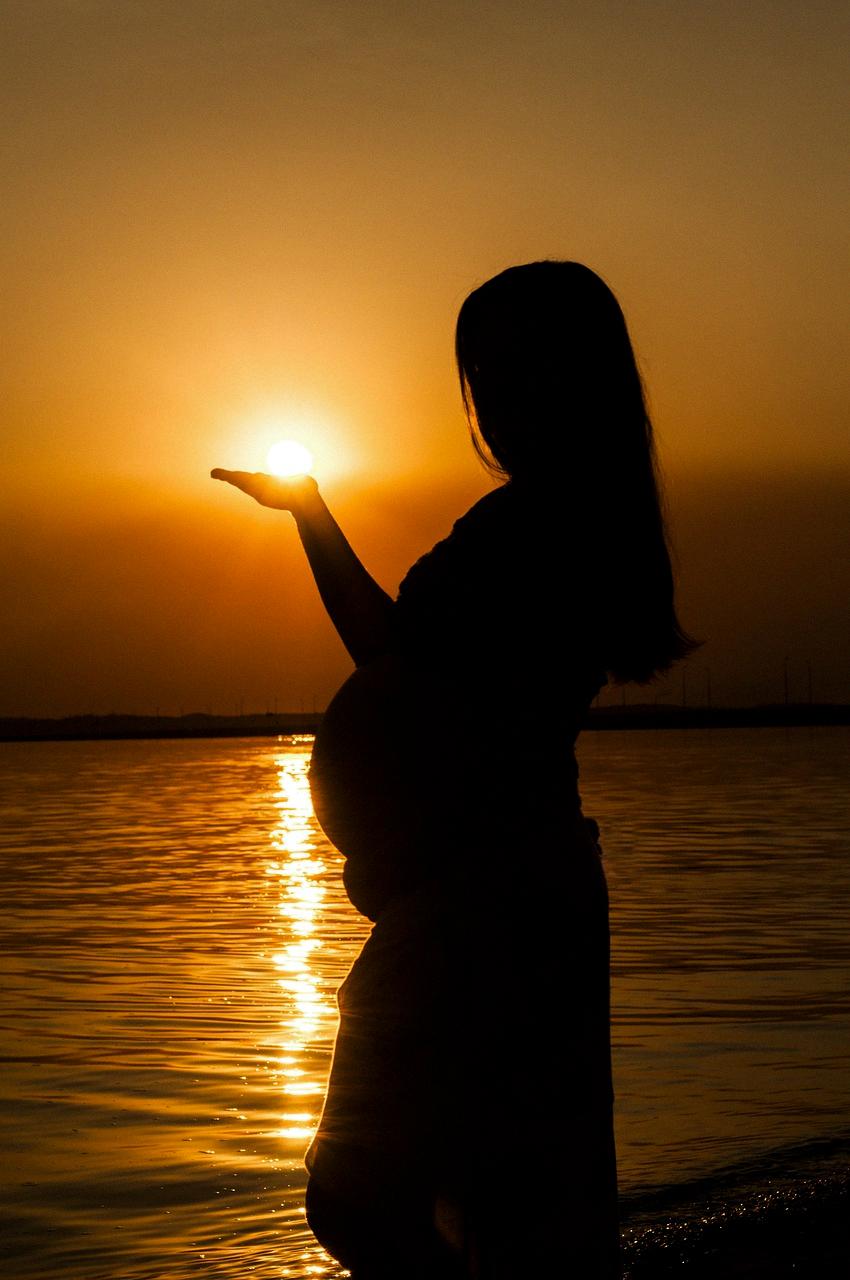For many expecting parents, the confirmation of pregnancy brings a mix of excitement and anticipation. The question of whether a 1-week pregnancy can be detected by ultrasound is a common inquiry, particularly among those eager to know as early as possible. In the realm of modern medical technology, the accuracy and timing of pregnancy detection have seen significant advancements.
When it comes to detecting pregnancy, the level of human chorionic gonadotropin (hCG) in the body plays a crucial role. Current radioimmunoassays for hCG can detect pregnancy as early as eight to 12 days post-conception. This method of detection allows for the identification of pregnancy through blood or urine tests, providing a solid foundation for confirming early gestation.
While hormonal assays can determine pregnancy in its earliest stages, the visualization of the developing embryo through ultrasound has historically lagged behind. Traditionally, ultrasound technologies have required a waiting period of two to three weeks post-conception before being able to detect fetal development. This delay has often left individuals eager for an earlier glimpse of their pregnancy.
However, recent advancements in ultrasound technology have shown promising results in bridging this detection gap. The introduction of high-frequency endovaginal transducers has revolutionized the field of obstetric imaging, offering enhanced clarity and precision in early pregnancy detection. These specialized transducers have the potential to shorten the timeframe for visual confirmation of pregnancy.
Despite these technological strides, the ability to detect a 1-week pregnancy by ultrasound remains a subject of debate and ongoing research. While the sensitivity of ultrasonography has improved over the years, the challenges of visualizing a newly implanted embryo in the very early stages of development persist. The size and positioning of the gestational sac can impact the accuracy of ultrasound findings in the first week of gestation.
It is essential to acknowledge that the accuracy of ultrasound in detecting early pregnancy is influenced by various factors, including the expertise of the sonographer, the resolution of the equipment used, and the individual characteristics of the pregnancy. The unique physiological variations among individuals can also affect the visibility of the gestational sac in the initial weeks post-conception.
When considering the question of 1-week pregnancy detection by ultrasound, it is crucial to approach it with a balanced perspective. While technological advancements have made early visual confirmation more feasible than ever before, certain limitations and challenges still exist in accurately identifying a pregnancy at such an early stage.
Individuals seeking early pregnancy confirmation may find reassurance in the advancements of medical imaging technologies. The evolving landscape of ultrasound capabilities continues to push the boundaries of early detection, offering hope to those eager to witness the beginnings of their pregnancy journey.
As medical research and technological innovations progress, the possibility of detecting a 1-week pregnancy by ultrasound may become more attainable in the future. The ongoing dedication of healthcare professionals to improving pregnancy detection methods underscores the commitment to providing accurate and timely information to expectant parents.
In conclusion, while traditional ultrasound techniques may have posed limitations in detecting very early pregnancies, the continuous evolution of imaging technologies holds promise for earlier and more reliable confirmation of gestation. The journey towards enhancing the early detection of pregnancy through ultrasound remains an exciting frontier in the realm of prenatal care and obstetrics.

